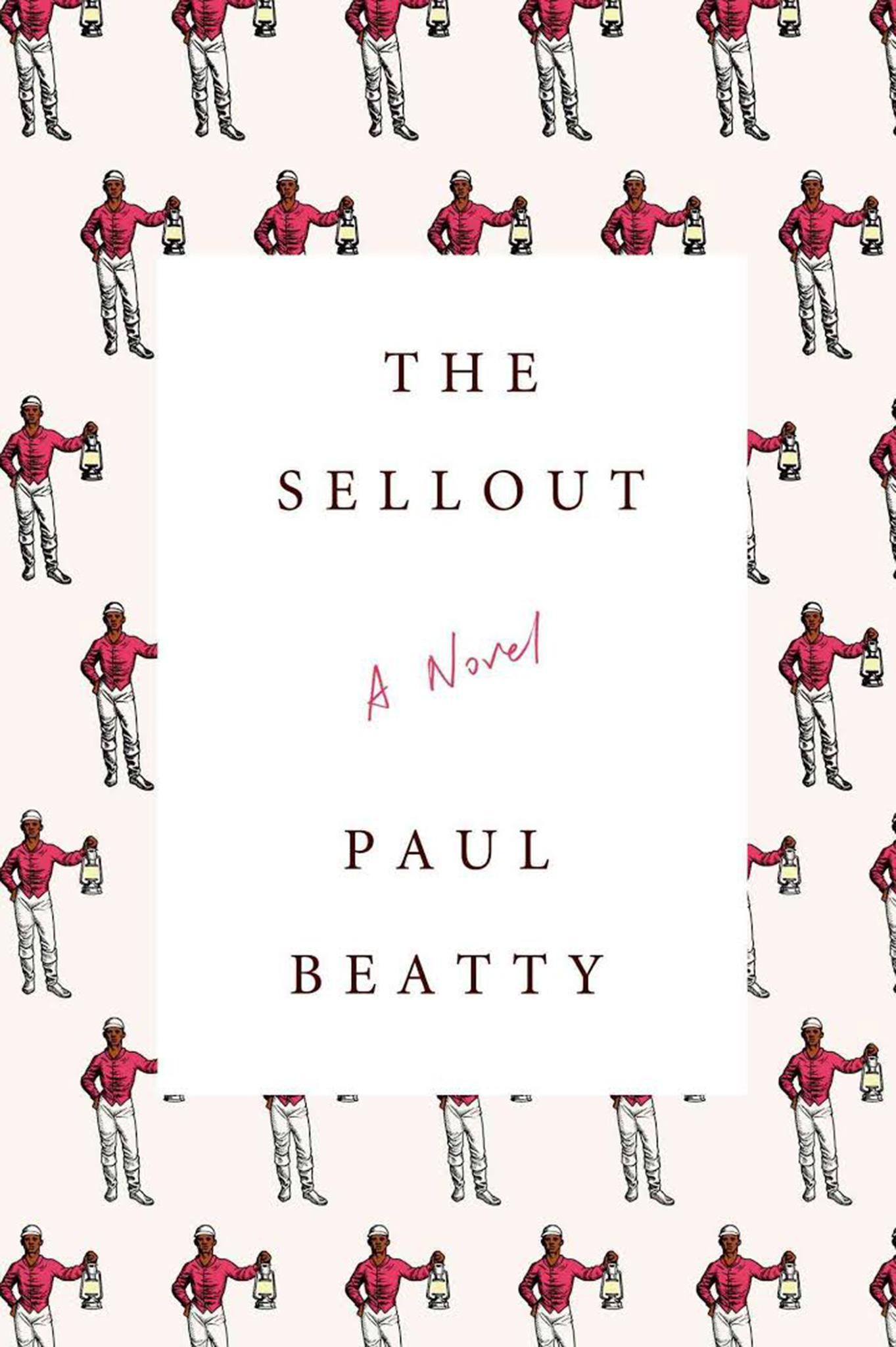The Sellout by Paul Beatty: 'A clear take down of any claim we’re living in a post-racial world'
Longlisted for the Man Booker Prize, Paul Beatty's sharp satire of 'post-racialism' is not for the faint-hearted

Oneworld, £12.99
There’s satire and then there’s satire, and without question Paul Beatty’s caustic third novel, The Sellout, definitively falls into the latter category.
When we first meet Beatty’s narrator, he’s up in front of the Supreme Court, “the latest in the long line of landmark race-related cases”. The charge against him isn’t assault, grand larceny or even indecent exposure – “This may be hard to believe, coming from a black man, but I’ve never stolen anything,” reads the opening line, a string of other felonies not committed following close behind. His crime: keeping a black slave. So far, so confusing, but this is just the tip of the iceberg that is Beatty’s absurd world, a clear take down of any claim that we’re living in a post-racial world.
The story is set in Dickens, a “ghetto community” on the southern outskirts of Los Angeles. What remains of its originally agrarian roots is the section in which our narrator grew up, still referred to as “the Farms”. “You know when you’ve entered the Farms,” he explains, “because the city sidewalks, along with your rims, car stereo, nerve and progressive voting record, will have vanished into air thick with the smell of cow manure and, if the wind is blowing in the right direction – good weed.” To call his upbringing unorthodox is to put it mildly. Years as “his little Anna Freud, his little case study” for his sociologist single father’s near-sadistic experiments in the pursuit of “black liberty” leaves a distinct legacy. Ironic then that when his father’s killed in a police shooting, all that exists in the terms of actual inheritance is the bill for a drive-through funeral.
The madness of what happens next surpasses even the narrator’s father’s crazy: discovering Dickens has been wiped from the map, the hero sets about reinstating it, along with segregating the local high school (non-whites only) and fulfilling the twisted dream of Dickens’ most famous resident, Hominy Jenkins (last surviving Little Rascal) by making him his (all too willing) slave.
As you’ve probably already surmised, there’s plenty to offend here – racial slurs, endless black stereotypes, the N-word; most of which I wouldn’t dare quote for fear of being taken out of context – so let the faint-hearted be warned. But if, like this year’s Man Booker judges, you like your satire as sharp as a cut-throat razor, brutally honest and very funny, then this is the book for you.
Join our commenting forum
Join thought-provoking conversations, follow other Independent readers and see their replies
Comments
Bookmark popover
Removed from bookmarks